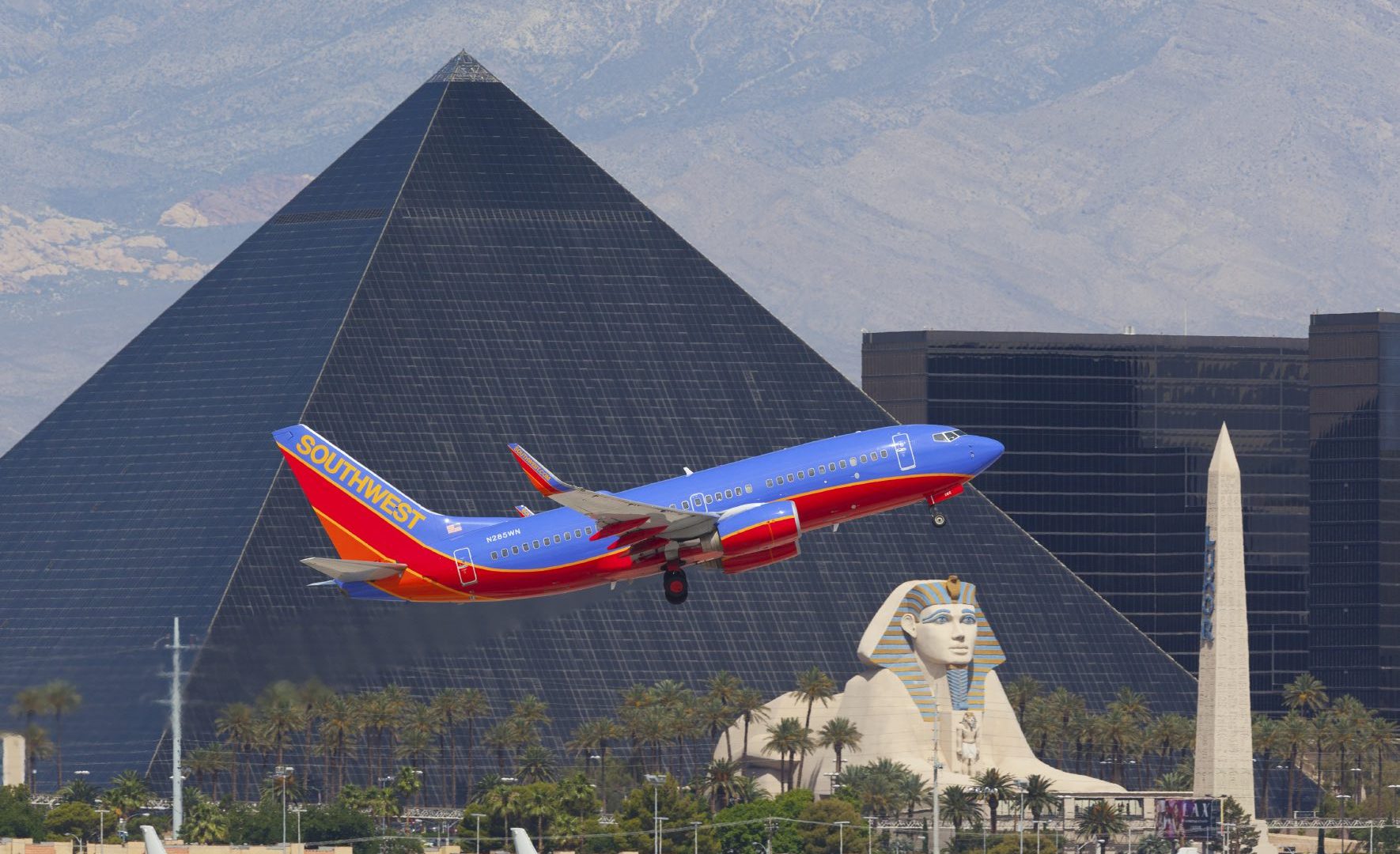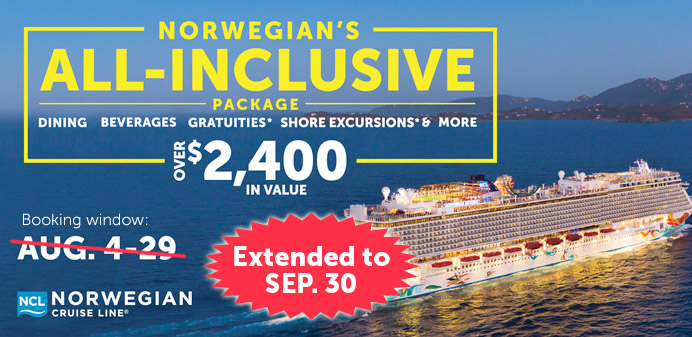
Be aware of the laws regarding alcohol consumption in public places before you travel to Poland. Although it is illegal to consume alcohol, the average price of food and drinks in Poland is very low. To communicate with the locals, you should know some Polish words and phrases. This will help you avoid embarrassing others by laughing at your pronunciation. While tap water is considered safe, older generations tend to still add salt to the water, which could lead you to get an odd look from a waiter. You don't have to worry about it, however; more and more venues are meeting Western standards.
In Poland, it is illegal to drink in public
Polish law prohibits drinking alcohol anywhere except in designated areas, such as a beer garden. However, the law is vague regarding where alcohol can be consumed. Some exceptions include on beaches. Mariusz Ciarka (the city's police chief) stated that even though alcohol is allowed in public places, it doesn't necessarily mean it has been legal. Remember to remain upright and to avoid getting in trouble for drinking while out in public.
The legal limit for alcohol intake is 0.2% per 100 milliliters of blood. A fine can be imposed for exceeding this limit, and your car could even be impounded. You could also be sentenced to a lengthy prison sentence. A fine is only one step. Furthermore, it is against the law to drink in public while travelling. It is illegal to drive drunk while traveling in Poland.

Food and drink are generally low priced in Poland
Polish food and drinks are very affordable, especially traditional Polish dishes. However, if you're on a budget, it may be better to opt for the more affordable and less touristy options. If you're travelling in a group, you can always order meals for a group and save money this way. The biggest meal of the day is typically around three pm and dinner is light and inexpensive. Avoid tourist traps. Find a cheaper option. It is very easy to get around Poland. Public transport is affordable and easy. Although most large cities have train stations in place, buses are a better option for smaller towns or villages.
Polish food can be delicious and varied. Polish bread is best served with sunflower seeds. Cottage cheese and dumplings, as well traditional sausages, sour milk, and traditional sausages are other popular dishes. Poland has a relatively low price for meats and dairy products compared to other European Union countries. Although, you may spend a lot of money on food while visiting Poland, it's worth it in the long run.
Polish phrases and words to be learned before you travel to Poland
Knowing the basics of Polish is crucial if your goal is to travel to this country. Having the basic words and phrases will make communicating easier in the country. While you may feel as if you are a foreigner, being a local will help you get along in a better way. Locals can be made to feel more at ease by looking for answers in their language. Knowing how to speak in another language is helpful, such as "I have an allergic reaction to penicillin" or "I have sore ears".
To make friends you must be able to correctly address others. You should avoid the direct address and use terms for people you do not know. In a pub, for instance, "Paniapoznac" means "good evening" and is used to greet people. It's important to learn how to say hello and good evening. You may be asked to repeat your name by people who don't know your name. Be careful not to overdo it, as it may cause offense.

Before traveling to Poland, you will need a permit for humanitarian purposes
If there is a crisis in Belarus, the permission to remain can be obtained by a foreigner for humanitarian or tolerated stays in Poland. The Border Guard unit's commanding officer may give permission to stay, depending on the circumstances. The rules for getting this permission vary from one country to the next. Some countries also require that their citizens obtain a transit visa for Poland in order to be allowed to enter the country.
Poland has updated the rules to obtain a humanitarian reason permit. Those who hold humanitarian visas will be entitled to a government-free residence permit for three years. A separate regulation will detail which countries can apply to this type of permit. The new permit will be most popularly available to Belarusian citizens. The permit permits holders will not be required to show work authorization or proof of health insurance in order to reside in Poland. Additionally, they won't have to prove their ability to pay for their own living expenses.
FAQ
Should I purchase travel insurance?
If you plan to do something adventurous, travel insurance is crucial. It is important to have insurance that covers all types of adventure sports.
Skiers, for instance, should have adequate medical coverage. You should also think about getting coverage for theft loss and damage.
Consider purchasing cancellation coverage. This will allow you to cancel your holiday with no penalty.
It is also a good idea if you are able to get emergency evacuation cover. This includes evacuation from the mountain in the case of an earthquake or other natural disaster.
How do you travel light?
When packing for a trip, there is no right or wrong answer. Here are some tips that will help you make the right choice when packing for your next trip.
-
Only bring what you truly need.
-
Only pack what you will actually wear.
-
Do not overpackage yourself with items.
-
Be sure to have plenty of space in your suitcase
-
Always double-check to make sure that everything is in your bag.
-
Take advantage of free storage facilities.
-
Reusable water bottles can be used instead of buying bottled.
-
Use a backpack to carry your stuff instead of a bag.
-
When possible, walk or cycle instead of taking public transport.
-
Choose the right size bag.
-
Do not carry heavy items.
-
Be prepared for any eventuality.
-
You can't leave any trace.
What's the first thing you should do when you arrive at your travel destination?
Always have a plan in place for when your arrive at a new location. It helps you know what to expect and where to go next.
To avoid missing anything, you need to plan ahead.
For example, if you're going to be visiting a city for more than one day, you should research which museums, parks, and landmarks you'd like to visit.
A map of the area may be useful and you might want to read up on the history.
Statistics
- You can use compression sacs or cubes to reduce the volume of your clothes by up to 80%—this is especially convenient for bulky items such as sweaters and jackets. (eaglecreek.com)
- No Checked Bags: No Alcoholic beverages with more than 70% alcohol (over 140 proof), including grain alcohol and 151 proof rum. (tsa.gov)
- Pack sweaters, jackets, and underwear in reusable compression bags creating up to 75% more space in your luggage. (wikihow.com)
- Alcoholic beverages with more than 24% but not more than 70% alcohol are limited in checked bags to 5 liters (1.3 gallons) per passenger and must be in unopened retail packaging. (tsa.gov)
- Case in point: the private island of Ilha Caldeira, less than seven miles off the coast as part of the Primeiras and Segundas Archipelago, is located within the marine-protected area with 20 percent of the country's intact living coral. (travelandleisure.com)
External Links
How To
What are the best travel tips for beginners?
Although traveling can be an exciting experience, there are many things you need to avoid to ensure a safe trip.
These are some tips to help plan your next vacation.
-
Get your bookings in early. The lower the price, the earlier you book. You can also save money by not taking advantage of last-minute deals offered to you by hotels or airlines.
-
Stay-at-budget accommodations. Hotels at a lower price offer more value. They are located near shopping and public transportation.
-
Don't overpack. Make sure to pack light. You can leave room for souvenirs or gifts. You should wear clothes that fit comfortably and don't wrinkle easily.
-
Use common sense. If you're traveling alone, don't walk around late at night. Avoid dangerous neighborhoods and areas with high levels of crime.
-
Protect your valuables from theft. Keep valuables safe from prying eyes. Don't leave anything valuable behind when you go swimming.
-
Pay attention to cash. Thieves often target tourists in foreign cities. You can keep your money hidden by using ATMs within banks and guarded facilities.
-
You should know where you are. Make sure you are familiar with public transportation before booking a hotel. Discover information about tourist attractions and restaurants.
-
Safety is important. Learn about the culture, customs, laws and traditions of the area before you arrive.
-
Have fun. No matter what happens, enjoy yourself. It is worth it.